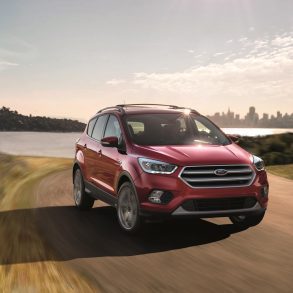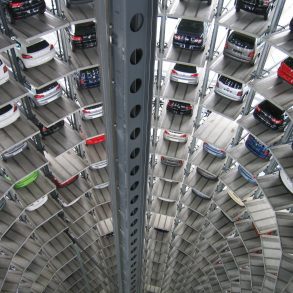Remember when it came time to buy a new car and you decided between small, midsize, or large? Unless you wanted a two-door, or perhaps a convertible. Trucks, or anything with flat load floors like an SUV, did not take up 50% of sales, and the choices were mostly domestic and limited.
Now there’s the BMW X6, Mercedes-Benz CLS, Peugeot 1007, Isuzu VehiCROSS, Honda Element and many more. The X6, yet to be introduced as a production vehicle but being fast-tracked to the auto shows, is a ‘coupe-inspired SUV’.
CLS-class Benz’s are a ‘four-door’ coupe, which makes it two doors heavier than every other coupe. Cool car, nonetheless.
Peugeot’s wonky 1007 is a supermini with mini-van style sliding doors, carrying a smart fortwo kind of image. Doesn’t work quite as well.
The VehiCROSS came and went from the US market after three years of intentionally limited sales. Attempting, somehow, to be an exotic SUV for the SUV maker that Isuzu was, the VehiCROSS was techy and capable off-road, but with two-doors and limited practicality, it was never going to win much praise.
Honda’s Element is a great vehicle, potentially more useful than the CR-V on which it is based. Sharing much of what lies underneath, the Element goes to full-on cube dimensions and looks funky.
Manufacturers want to exercise their ability to sell multiple vehicles with similar architecture by marketing niche vehicles to people who really want something different. In 2007, people buy cars that they love and reject cars that they hate. However, anything that treads the middle road, and inspires neither reaction, may not sell at all. The goal is to create vehicles, such as the E-class Mercedes and the CLS-class, that cater to different buyers while basically being the same vehicle underneath. E550 = normal. CLS550 = niche.








